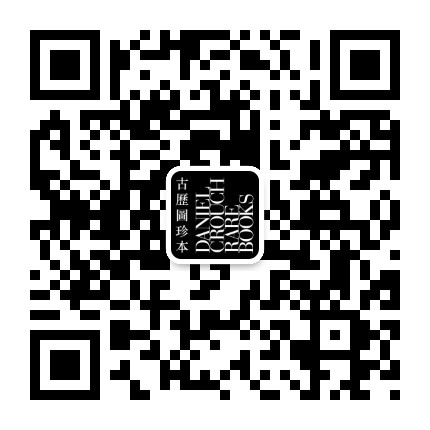





Minshull's.
- Author: MINSHULL, [George] [after LANE, Nicholas; ADAMS, Dudley and FERGUSON, James]
- Publication place: [London,
- Publication date: c1813].
- Physical description: Globe, 12 hand-coloured engraved paper gores, clipped at 70 degrees latitude, with two polar calottes, over a papier mâché and plaster sphere, paste-over imprint to cartouche, varnished, housed in original shagreen over paste-board clamshell case, with hooks and eyes, lined with two sets of 12 hand-coloured engraved celestial gores.
- Inventory reference: 21946
Notes
Biography
George Minshull (fl1800-1835) was a toymaker and carver. Although based in Birmingham, there was a “George Minshull & Son” registered in Hatton Garden in London in 1814, suggesting the globe was sold there. It was common for small cartographic items and scientific instruments to be sold alongside toys.
Though the globe bears Minshull’s name it is actually the work of Nicholas Lane (fl1775-1783) whose business was particularly associated with pocket globes, and seemed to have sold globes wholesale, to retailers such as Linshull. Little is known about Lane’s output, but Dekker suggests that his three inch globes were produced from the earlier works of James Ferguson and Dudley Adams. When Dudley went bankrupt in about 1810, the copper plates appear to have come into the hands of the Lane firm, where the old cartouche was completely erased in favour of a new circular one. However, the name of the engraver, J. Mynde, was kept just below the cartouche. Later on, after 1820, Lane would erase Mynde’s name from the plates.
Lane not only produced globes under his own name but also sold them wholesale, as here: with Minshull’s name pasted over the title.
Geography
Australia is well delineated with “New South Wales” labelled along with “Botany Bay” and “Port Jackson” noted. The Bering Straits are named. India is labelled as “Hindoostan” with “Tartary” in the north. To the west coast of America, “California” is labelled along with “New Albion” and “Nootka Sound”, the scene of the Nootka Crisis of 1790.
Astronomy
The celestial gores are taken from the Adams-Ferguson plates, but includes Lane’s added hour angles along the equator in the southern hemisphere and a zodiacal belt along the ecliptic.
Bibliography
- Dekker, pp.393-394
- Sumira 35 and 45
- Worms and Baynton-Williams, p.451.
 Rare Maps
Rare Maps  Rare Atlases
Rare Atlases  Rare Books
Rare Books  Rare Prints
Rare Prints  Globes and Planetaria
Globes and Planetaria 






